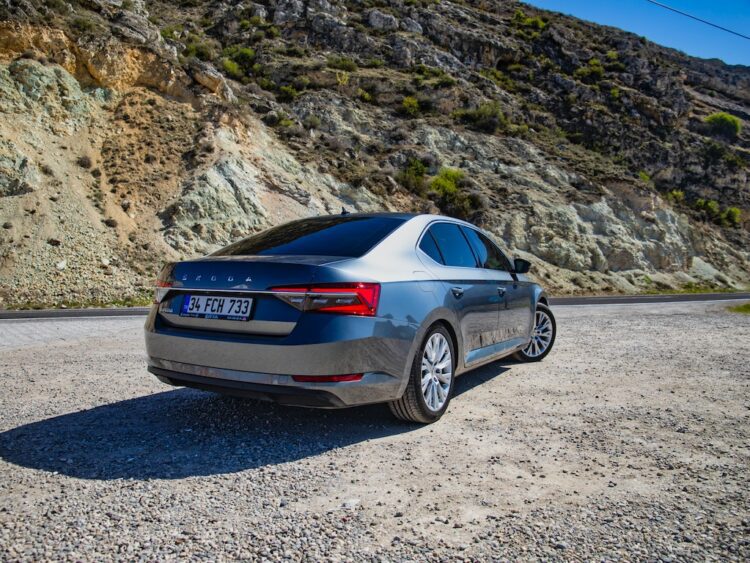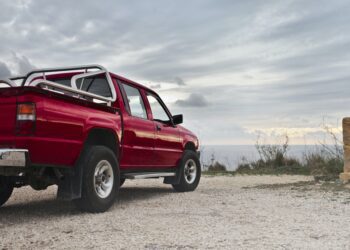Before you buy any insurance, it is important to fully understand what the policy covers and what you’re signing up for. Often, a car rental company will need you to buy Collision Damage Waiver (CDW) or Loss Damage Waiver (LDW). In these coverages, you will need to pay a fixed amount for each day you have the rental car with you. In return, you may have to pay a lower deductible if the car is stolen or damaged.
This amount can vary vastly and depends on your location and the kind of car you’re renting. Some places require you to buy CDW insurance when renting a car, or they may ask that you provide proof of other coverage. Remember that purchasing CDW coverage could increase the cost of your car rental by approximately 25% or more.
What Does Collision Damage Waiver Actually Cover?
CDW coverage differs from rental company to company. Thus, it is best to read the entire policy and understand what you could potentially purchase. Most Collision Damage Waivers cover the body of a car and any damage that occurs to it. Although it ensures you won’t have to shell out excessive amounts of cash if your car’s bodywork is damaged, there are many parts and components it does not cover.
Here’s what’s not included in CDW coverage:
- Flat battery
- Mirrors
- Windows
- Engine
- Lost keys
- Tyres
- The interior
- Wheels
- The car’s undercarriage
- Extras like GPS, racks, or child seats
- Personal belongings
- Any towing charges
Beware of what car rental companies sell to you; some of them can be sneaky when selling CDW insurance. For instance, they may provide coverage for the outer shell of the wing mirror (which is the same color as that of the car’s body), but they may not offer insurance for the actual mirror glass or the system that lets the driver adjust the mirror’s position. Additionally, some companies might insure the car’s roof, while others may not.
Does Collision Damage Waiver Cover All Repair Costs?
No, usually, the CDW doesn’t cover all the costs of repair. Like most rental car insurance policies, CDW coverage typically includes an excess or deductible. This is the highest amount that a renter will be responsible for towards repairing any damage to the vehicle. If the car is damaged in any way and needs repairs, the renter will still need to pay some costs.





